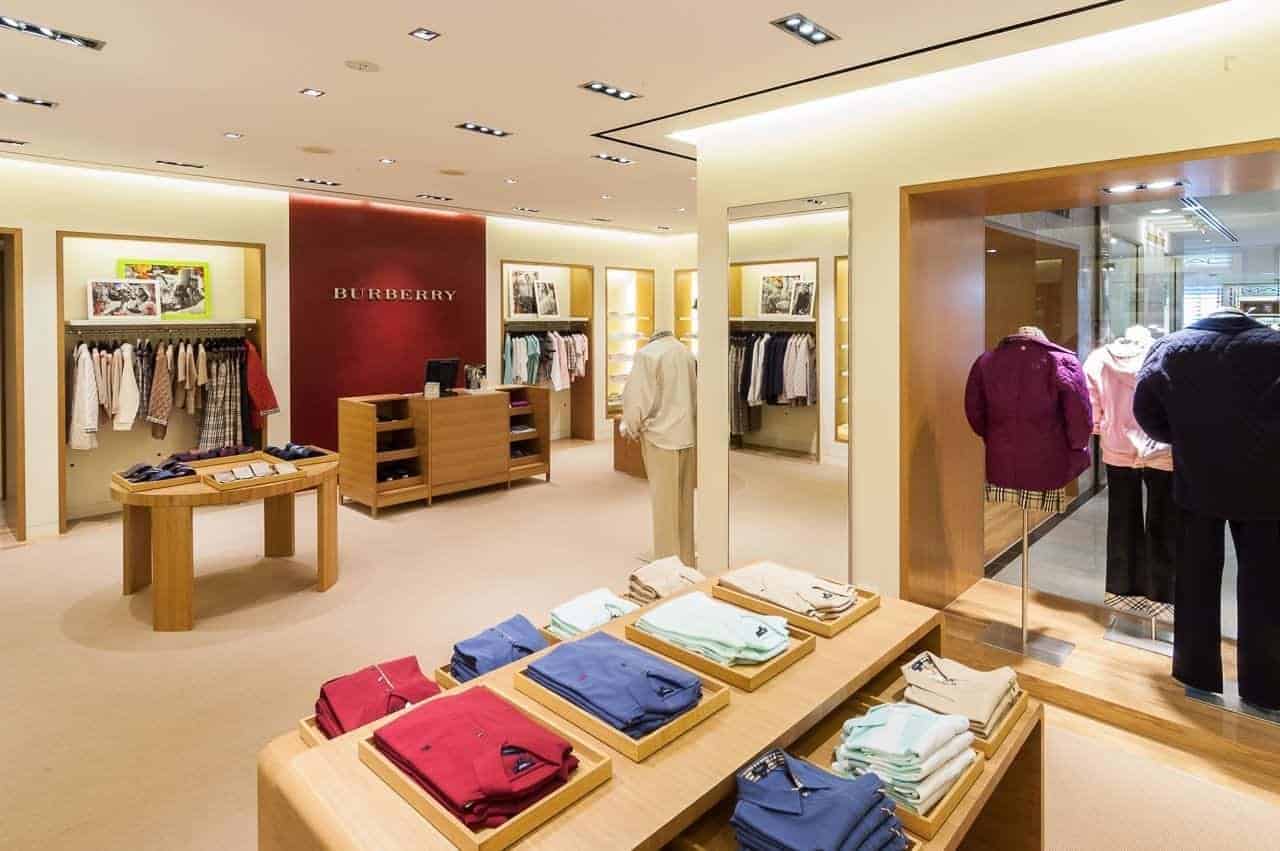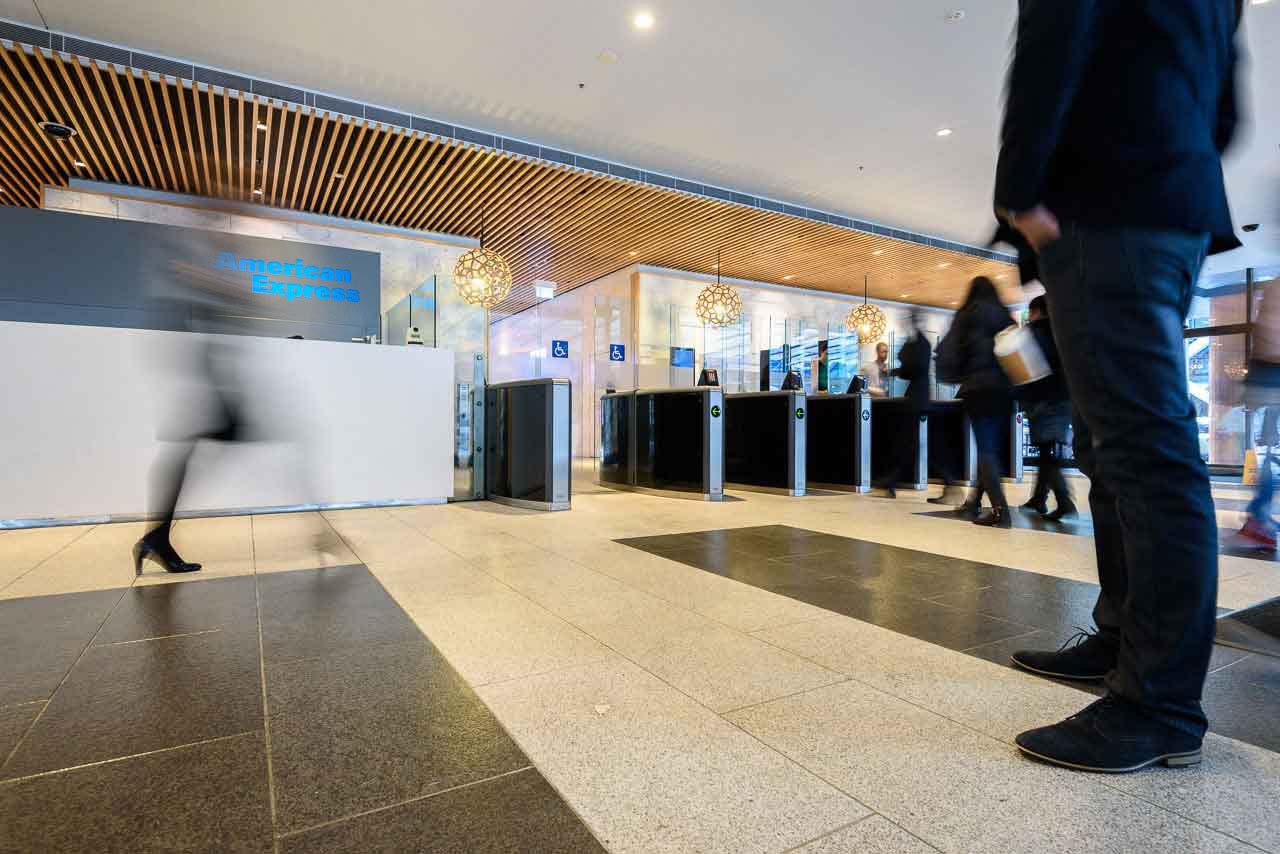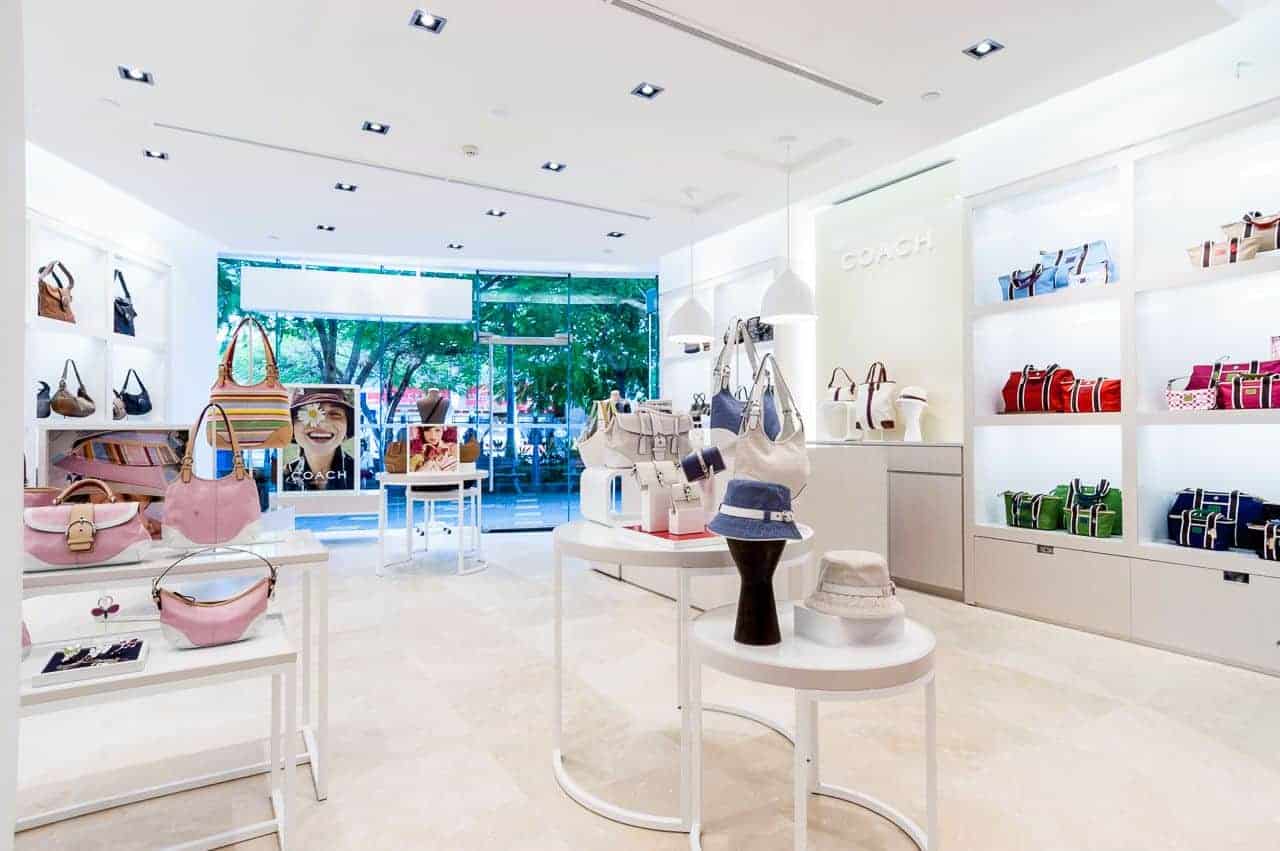COVID 19 has forced us to shop locally for many goods. Supply chains are broken. Shipment has gone from days to months. Support requests go unanswered as call centres are in lock down.
Pundits say the pandemic has accelerated what would happen to business by a decade. I’ve also seen business models revert 20 years.
What Hasn’t Changed
People have always shopped around. Clients look for three quotes. How they feel while interacting with businesses at this stage goes a long way in the decision process. At least that’s my experience from both sides of the transaction.
Many consumers seek advice from specialty stores. Armed with the advice some then go buy from a big box discount store. Today they go online.
Many more consumers, as well as professionals whose livelihoods depended on it, build relationships with local suppliers who provided quality service over price alone.

Personal Anecdote
As a teen looking for career advice one of the first places I went to was my local camera store. The manager was a recent graduate of the pre-eminent photography college in Australia. Their advice along with others in the industry influenced my early career.
Before starting university I worked part-time at a camera store. This let me see what happens behind the scenes. It was your typical camera store. Full of the latest equipment, trained staff well versed in the benefits of each item and a shared love of the craft. Like any retail store some staff are focussed on sales and commissions, others were more interested in building customer relationships.
Investment
If you’re going spend a lot of money on a particular area it’s likely a substantial financial investment. Similarly a local supplier is going to make an investment of their time and resources in you as a local customer. I see that evidenced through education, advice and hands-on access to equipment prior to purchase.
Support
When you buy local you purchase the same item as an online store with the same international warranty. What you’re really buying is support. Or lack of it.
Warranty
Online stores cut costs in many ways. One that affects us personally is support for the product. What happens when something goes wrong? Typically large online retailers just swap the item and push the replacement cost onto manufacturers. Consumers get a replacement in a few days however sometimes it’s months later and the replacement may be a pre-owned, refurbished version. If you rely on the product you purchase, as professionals do, that’s a big risk.
Unfortunately I don’t always practice what I preach! I once purchased a hard drive from the an online retailer and the drive failed. After spending more than 20 hours and paying the equivalent of new drive claiming on the international warranty it took over a month to resolve with conflicting information and a horrible customer experience. Lesson learnt.
Conversely my experience with servicing Nikon cameras, Apple computers, etc, acquired locally was pain free, empathetic and immediate. Local suppliers made sure I was looked after, especially as a professional. Even when the item being repaired is out of warranty Nikon arrange loan gear to tide me over.
Service Industry
Whether you’re shopping for a product or a service you should expect the same level of customer satisfaction. As a small business in a service profession I strive to offer the best customer experience. Now I don’t always achieve that goal so continually aim to improve it.

Post COVID
Long term I hope consumers continue to invest in local suppliers. In a few years when the world recovers from COVID 19 people will probably go back to how they shopped prior to the pandemic. Supply chains and availability will improve and price will again influence consumers buying habits. Whether you’re selling a product or a service the experience we offer clients today will influence where they’re going to shop tomorrow.
What has been your experience? Let me know on Linkedin.
